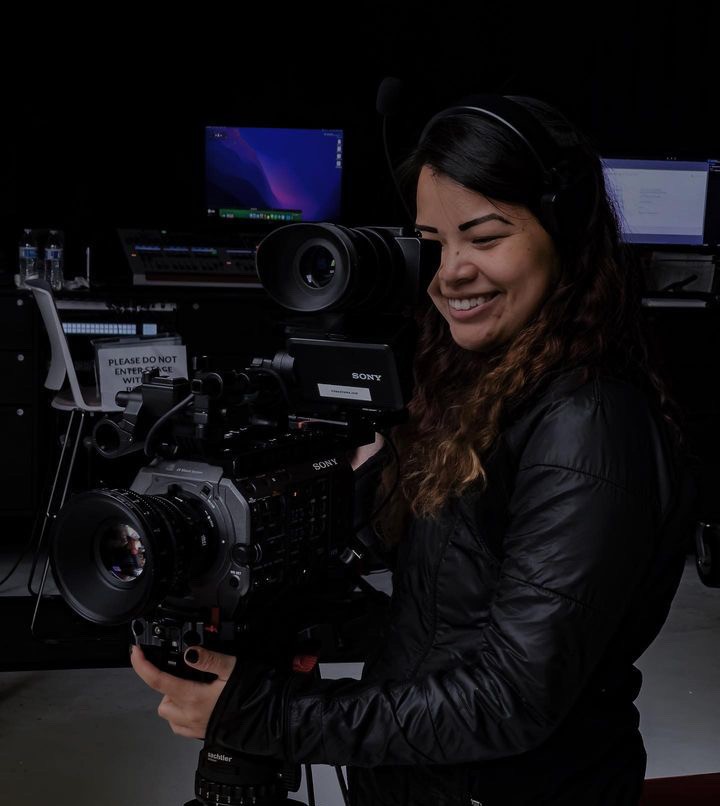We were lucky to catch up with Elizabeth Gottshall recently and have shared our conversation below.
Hi Elizabeth, thank you so much for opening up with us about some important, but sometimes personal topics. One that really matters to us is overcoming Imposter Syndrome because we’ve seen how so many people are held back in life because of this and so we’d really appreciate hearing about how you overcame Imposter Syndrome.
Imposter syndrome is hard to overcome because I don’t think it ever fully goes away no matter how far you go. Whether you are moving to a new job or working on a new passion project, there’s that voice in your head saying you aren’t good enough or you didn’t put in the work to get to where you are. You can’t listen to that voice though because you wouldn’t have gotten that opportunity or started that project if you weren’t ready and determined. Also, I’ve found that sometimes when you think you aren’t ready for a new challenge, you actually are ready.
That being said, I think there are ways to combat the voice in your head that says you aren’t good enough, and I always wonder about what success means to me and my ability to create meaningful stories. It’s also incredibly difficult to navigate overcoming imposter syndrome with the rise of social media where anyone can curate the perfect image of what being an artist should look like and what success looks like. While social media can be a useful tool, sometimes I have to set it aside and take a break to focus on what’s important and why I want to do what I’m doing with my life.
I’ve found it imperative to surround myself with people who can support me and vice versa and have a network of people who come from a similar background. Being an artist and being a filmmaker is a collaborative process, and it’s still a collaborative process even behind the scenes. You have to make connections and be with people who want to see you succeed and in turn you want to see them succeed. It’s also about putting that energy back into the community and sharing what we’ve learned. I still struggle with imposter syndrome from time to time, but I’m happy about where I am at this time and I feel much more confident now about the opportunities that have come my way.
As filmmakers and artists, we need to have a community to lean on each other and build each other up. It’s important to not do things alone in life and to continue to give each other the support and help we all need. And, it’s important to do what you want to do because as cliché as it sounds, you only live once! So, be brave and put your best foot forward. Know that your friends and collaborators are there for you. Learn from any mistakes you’ve made. Remember that you did everything right to get to where you are.
Thanks, so before we move on maybe you can share a bit more about yourself?
I work in the camera department as a union digital utility and AC (assistant camera) on films and television shows. I will work as a 1st or 2nd AC as well, and currently, I am looking to expand my skills as a camera operator. I have worked on a number of feature films, television shows, documentaries, music videos, and commercials since 2019 mostly here in Atlanta, GA. I didn’t know initially that I would take this path after college, but somehow the film industry found its way to me and it’s been a wild adventure ever since.
Originally, I went to college for studio art and computer science, but did not feel fulfilled pursuing computer programming as a career. I always knew that I wanted to continue my studio art practice, which included drawing, painting, printmaking, and photography. Over the years, I honed my technical skills and my art pieces became more complex with the ideas and stories I wanted to express. I’d always been in love with storytelling through novels, movies, and tv shows, but it wasn’t until later on that I discovered how I could make storytelling my career and be a creative. I have loved meeting people with all sorts of different identities and backgrounds, learning about their experiences, and collaborating with them. I always hated the idea of being stuck in an office, but with film, I can be doing something new every day and occasionally get to travel to new and exciting places.
When I describe the details of my job, it may not seem exciting to others or they might not understand everything, but I really enjoy what I do and I look forward to all the potential avenues it could take me. In the future, I would like to be a camera operator on feature films and television shows and possibly get back into cinematography. Even further into the future, I’d like to be writing and possibly directing my own films and television shows. I love being a part of other people’s projects and helping their visions come to life, but I would like to eventually helm my own projects and put stories that are important to me out into the world.
There is so much advice out there about all the different skills and qualities folks need to develop in order to succeed in today’s highly competitive environment and often it can feel overwhelming. So, if we had to break it down to just the three that matter most, which three skills or qualities would you focus on?
One quality that you need to have is resilience. Working in the film industry is tough mentally and physically and you need to be able to bounce back. Film and television is a lot of hard work on set and on yourself and it can be a lot of rejection. Sometimes the rejection isn’t necessarily about how good or bad of a job you did. It’s important to know mistakes will happen, see what you can learn from your mistakes, and then move on to the next thing. Don’t dwell on what could have been or what happened on a set. Be careful not to take things too personally at times and don’t let that affect your work. Always remember that tomorrow is a new day and don’t take any bad vibes home with you.
One thing I’ve learned is to take time for yourself when you need to to avoid burnout. Also take time for yourself to be with others like your friends or family. The film industry is consuming and you can’t allow it to take all of your time. It is a fun job and it is a lifestyle, but you can’t miss certain moments with friends and family because of work. While we say life is short, life is long and it’s too long to neglect the people closest to you and then have regrets. If you need to take a mental health day, take it. If you have a family obligation, take the time you need. There will always be another show. It’s crucial to figure out the work life balance that will work for you.
One skill that you need to have is the ability to solve problems. Much of what I learned about being in the camera department has been on the job and I’m still learning every day. There are days that can be slower and it’s easy to ask questions and observe, but there will be times when everyone is busy and you need to be able to put out fires yourself. There may be a situation where you might not have all the equipment you need so you need to figure out an alternative solution. Sometimes you won’t have all the time you need and you’ll need to quickly solve the problem. There may be times when you’re on a set and a location is no longer available and you need to figure out something quick. Being able to anticipate a problem and then solve it makes you invaluable on set and those solutions you’ve come up with can be helpful for the next show you’re on or even off set.
How can folks who want to work with you connect?
I am always looking for people to collaborate with, and I’d especially like to build a network with creatives who are like me. As a queer Asian American woman, it’s important for me to make an effort in telling stories that focus on the intersection of sexuality, ethnicity, identity, and gender. I’d also like to push forward the Asian adoptee story, which I haven’t seen portrayed in the media that often. I want to make sure that I not only put people who are underrepresented in front of the camera but also behind the scenes as department heads and crew members.
There is and always has been a lack of diversity in the stories told in Hollywood and I’d like to change that narrative. I’ve seen a lot of success with independent projects that show these new perspectives that bigger productions don’t show. I think that to ensure that true artistry remains in our stories, the future is in independent film. However, I’d really love for our stories to be in more mainstream media to entertain and engage with others and connect with people who have a similar story as me.
Those who’d like to collaborate with me can contact me through my Instagram or website. I want us to make our own opportunities instead of waiting for them to come our way.
Contact Info:
- Website: https://elizabethgottshall.wixsite.com/portfolio
- Instagram: https://instagram.com/lizgott22
- Other: https://linktr.ee/elizabethgottshall
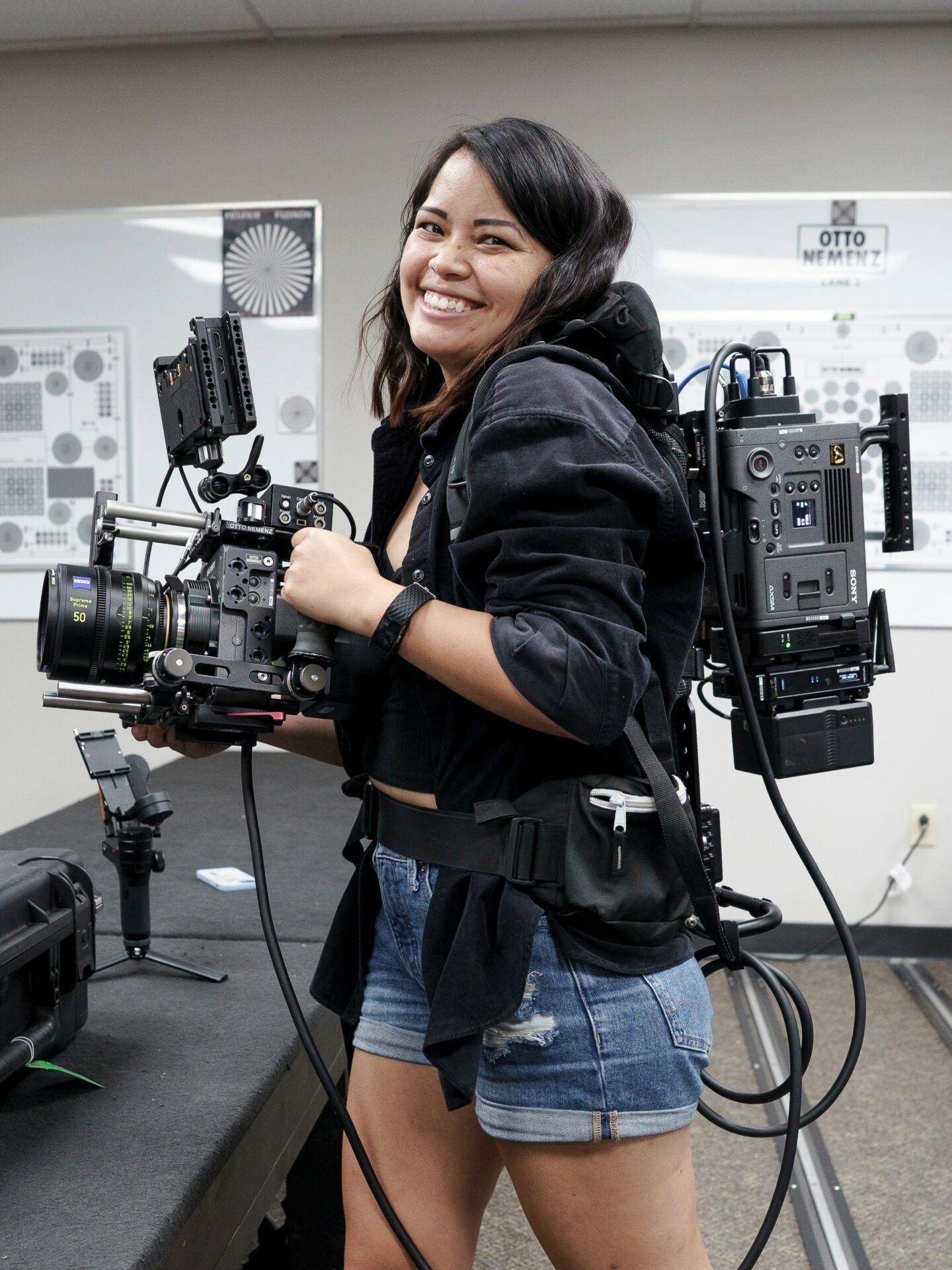
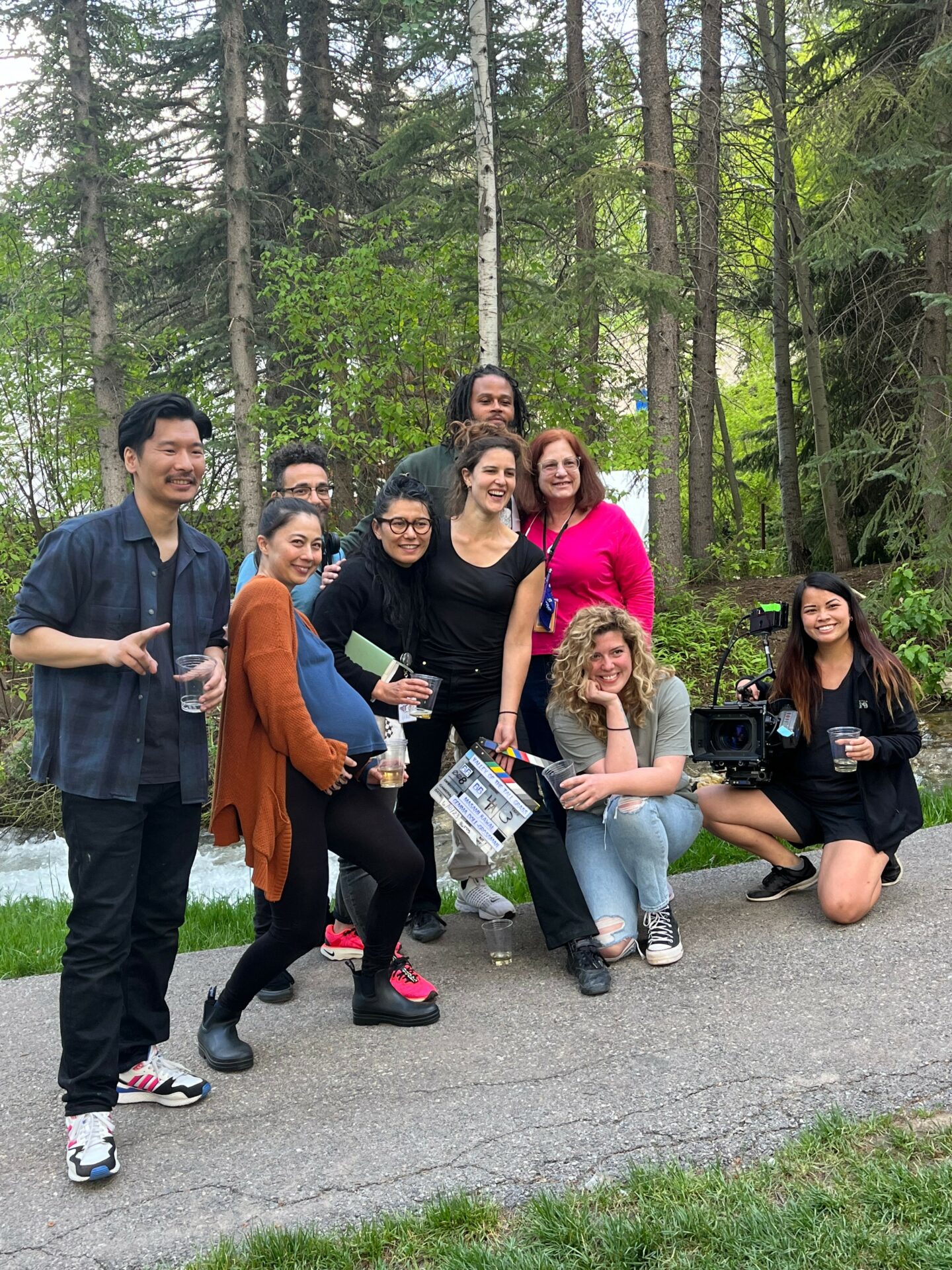
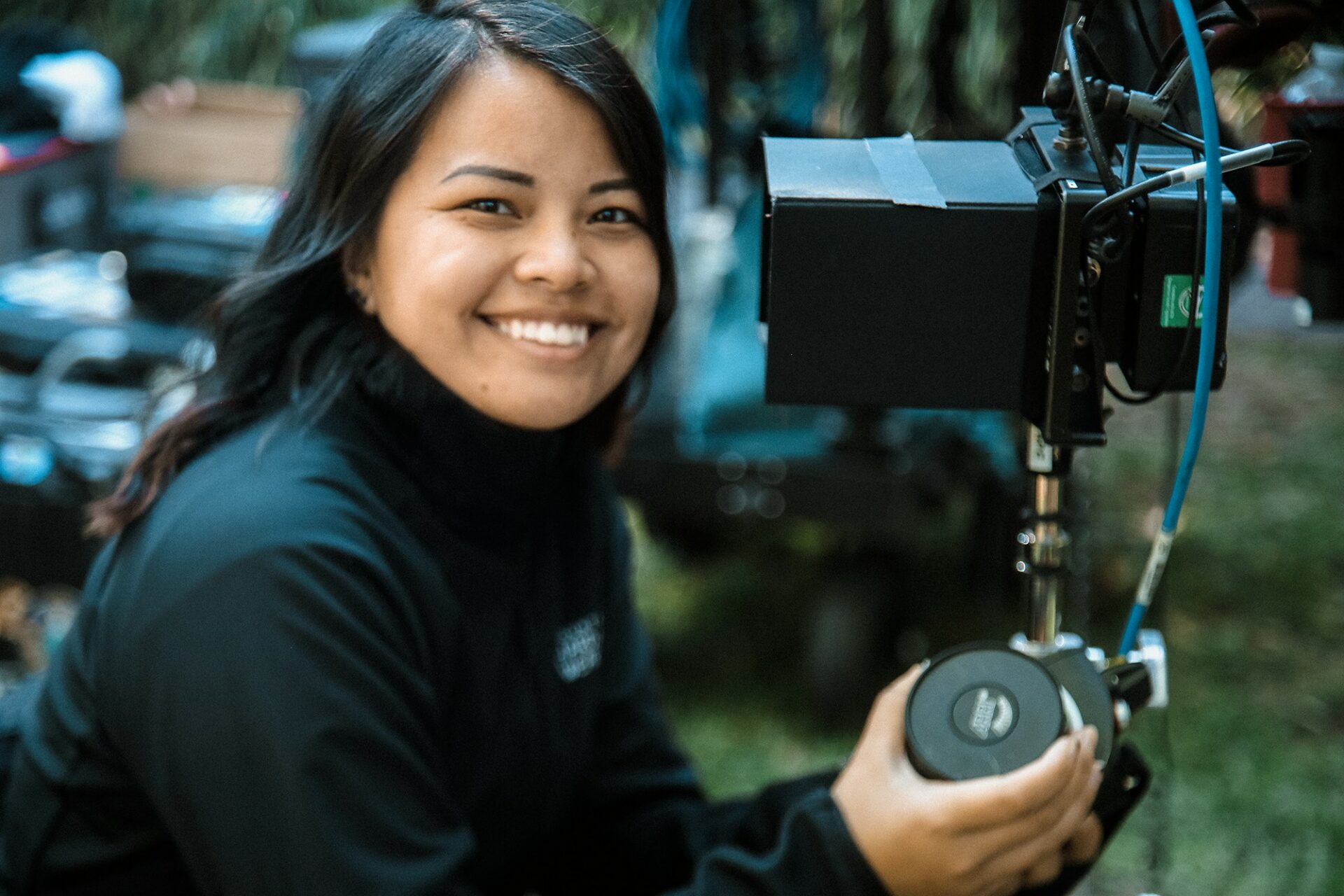
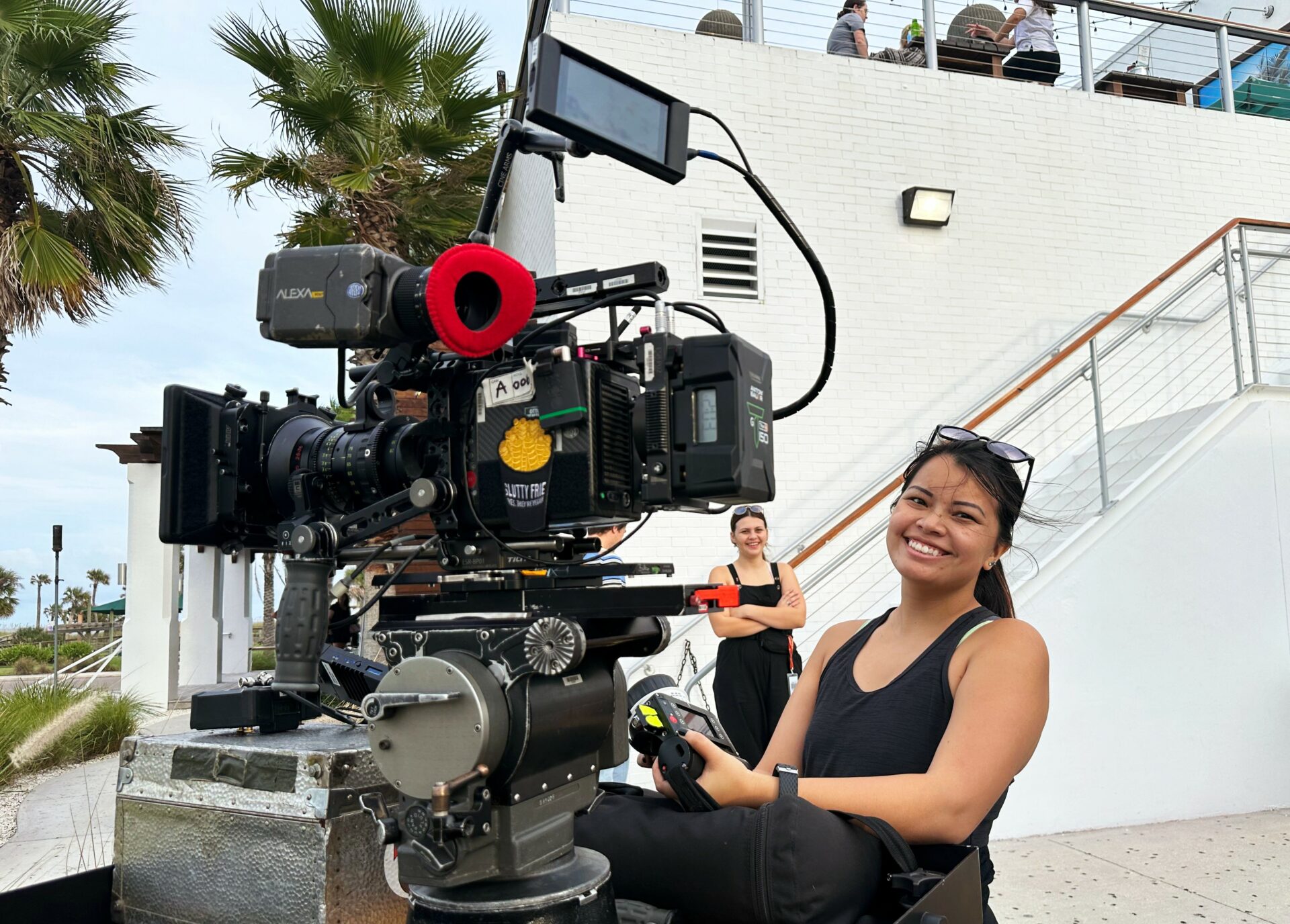
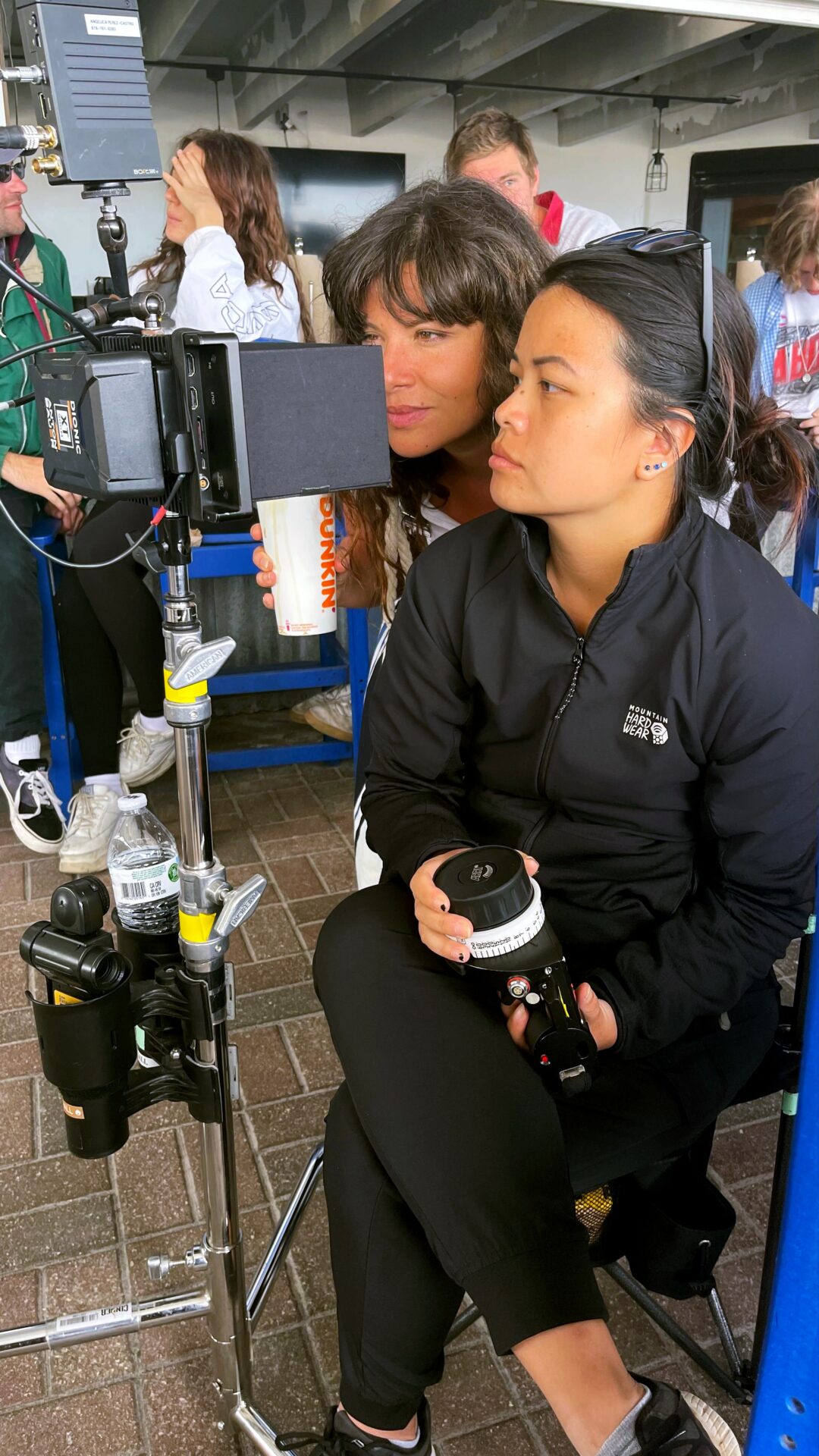
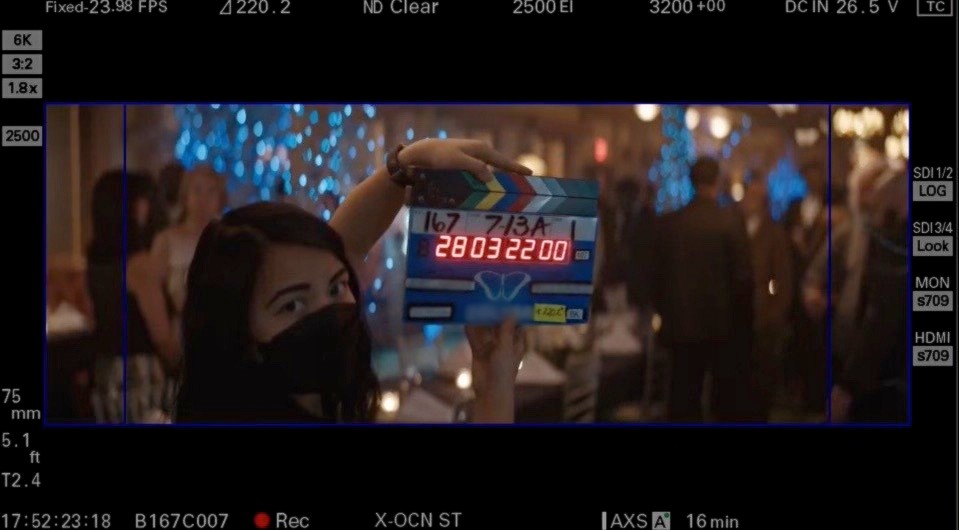
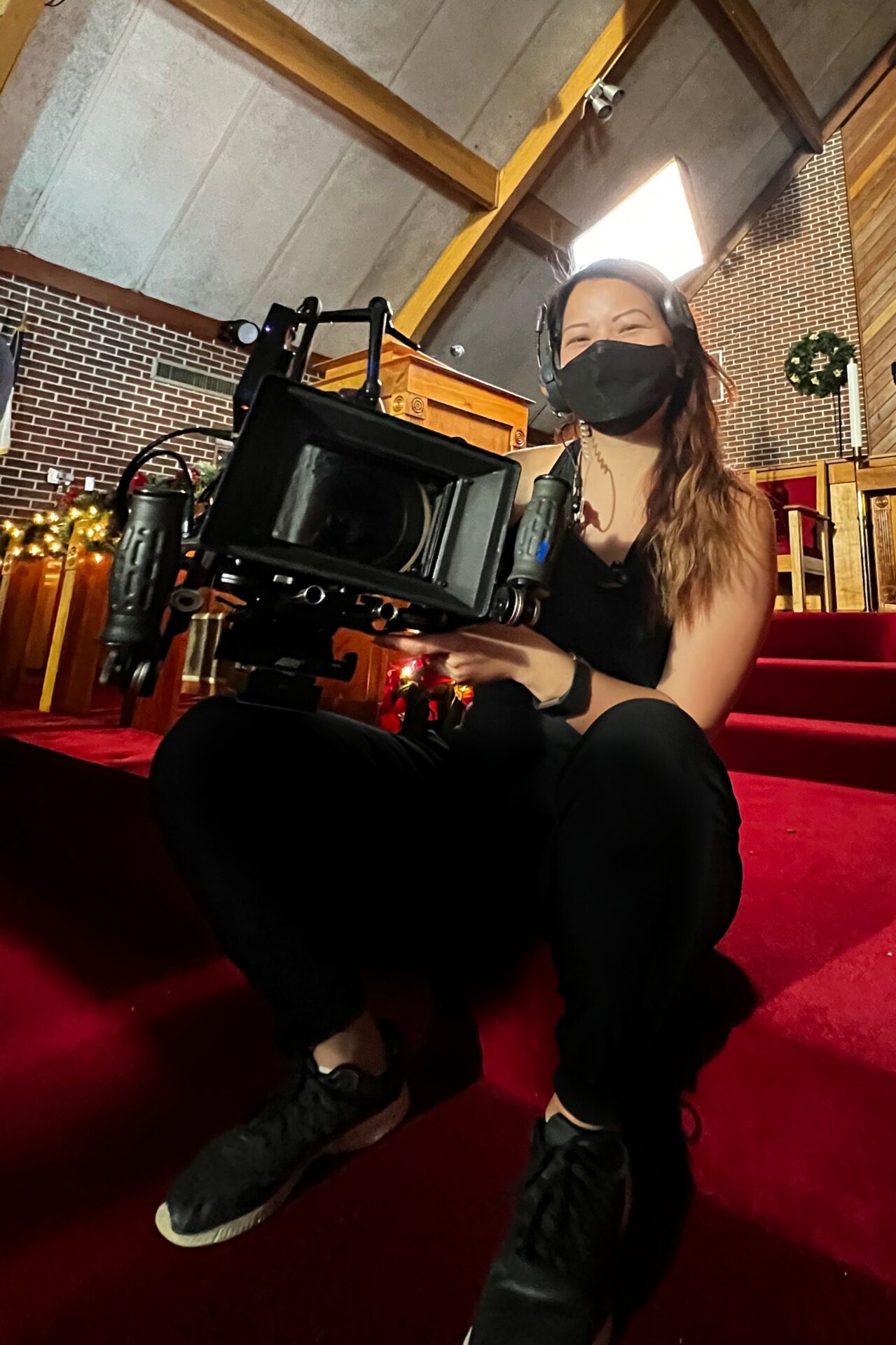
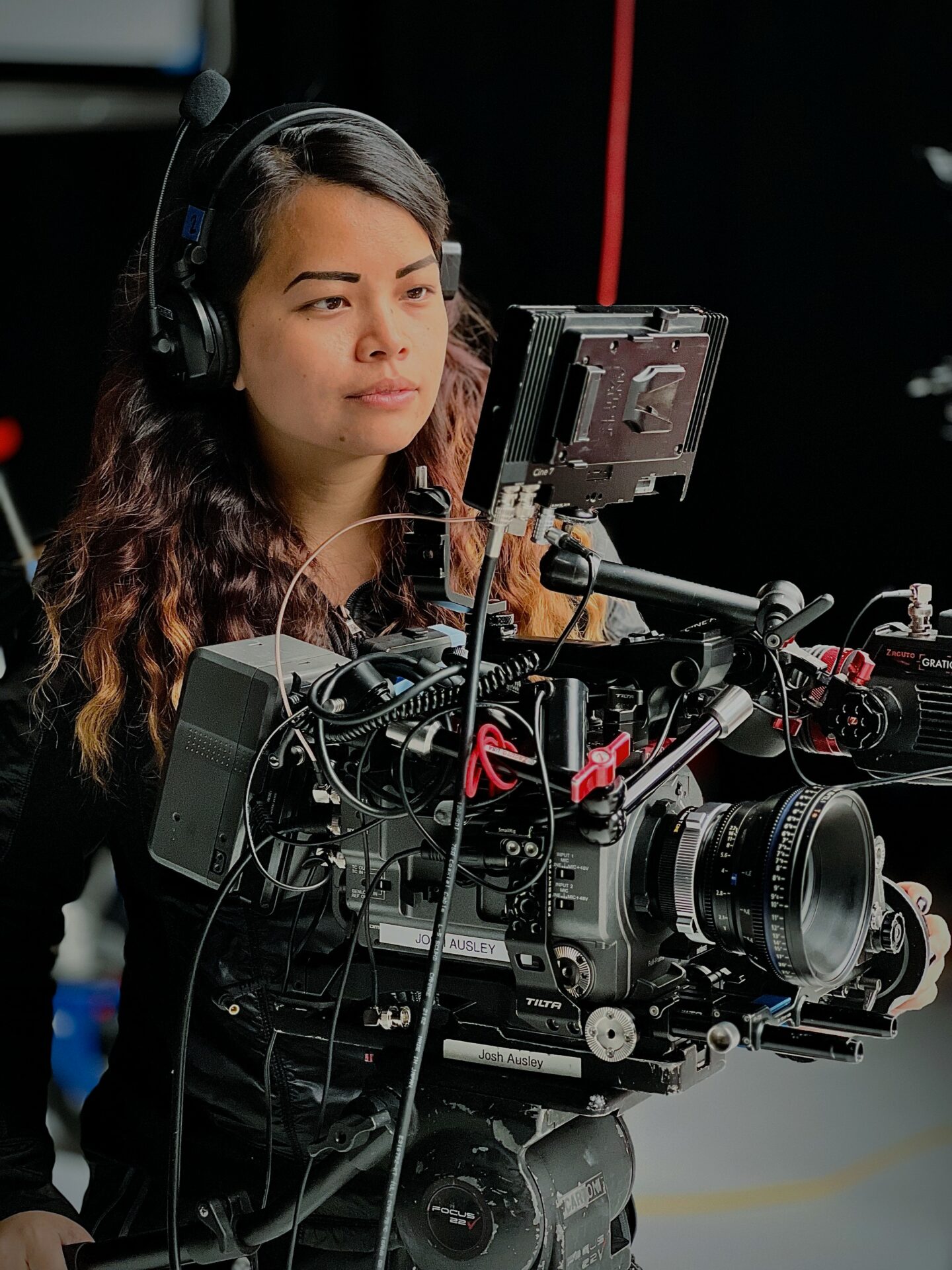
Image Credits
Michael Petit, Zoe Morgan, Christina Somphone, Carlos Cuervo

